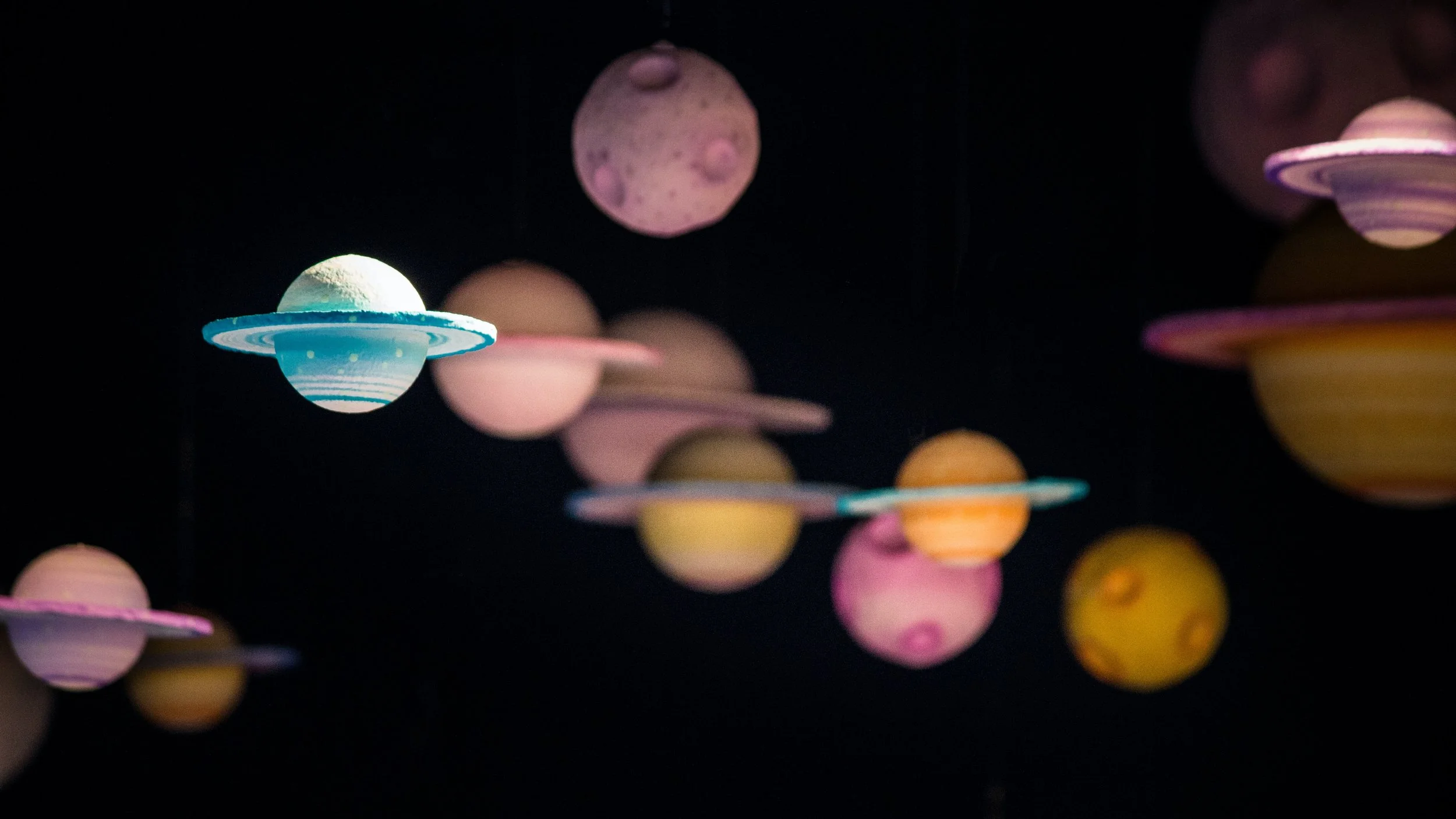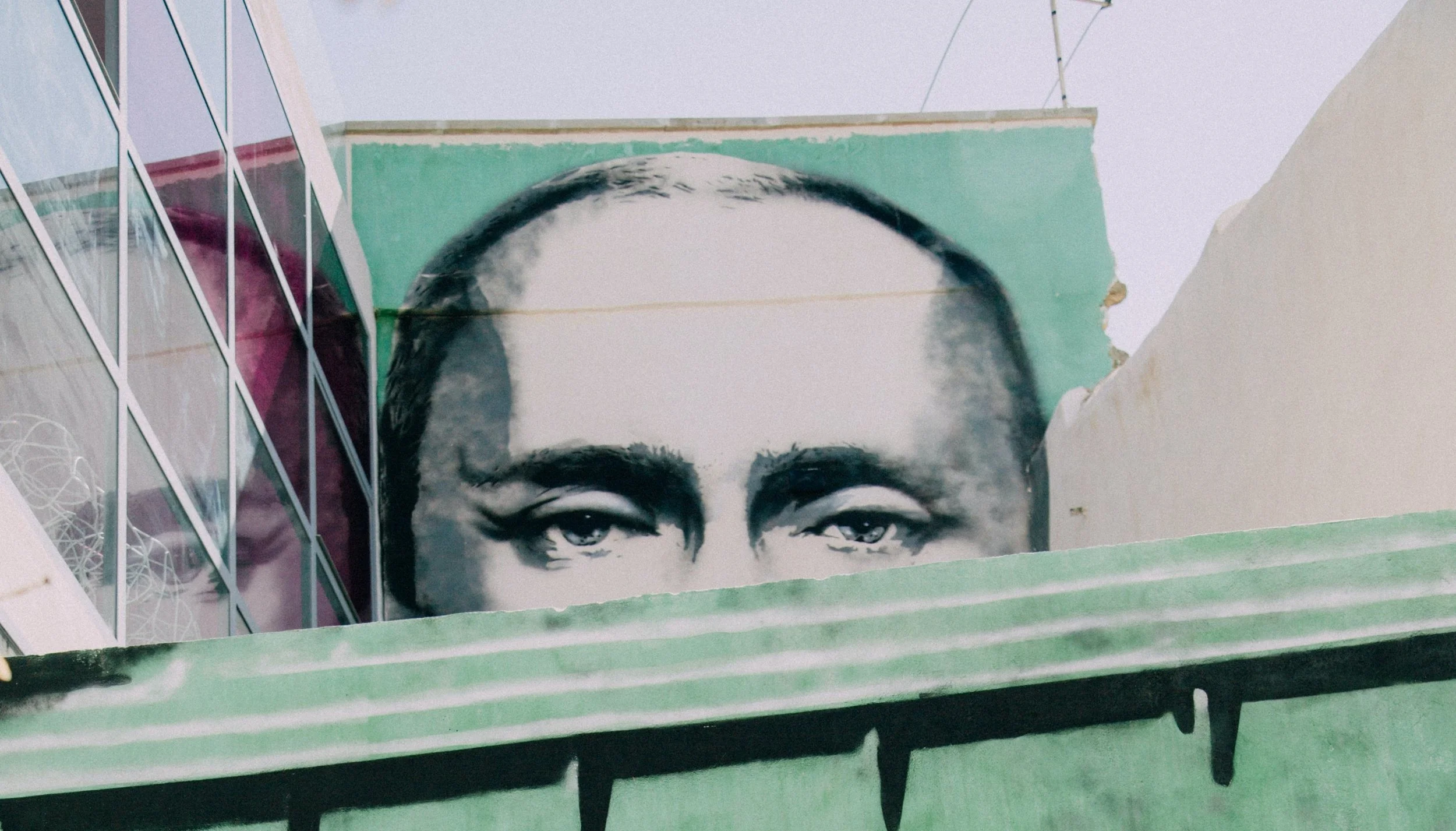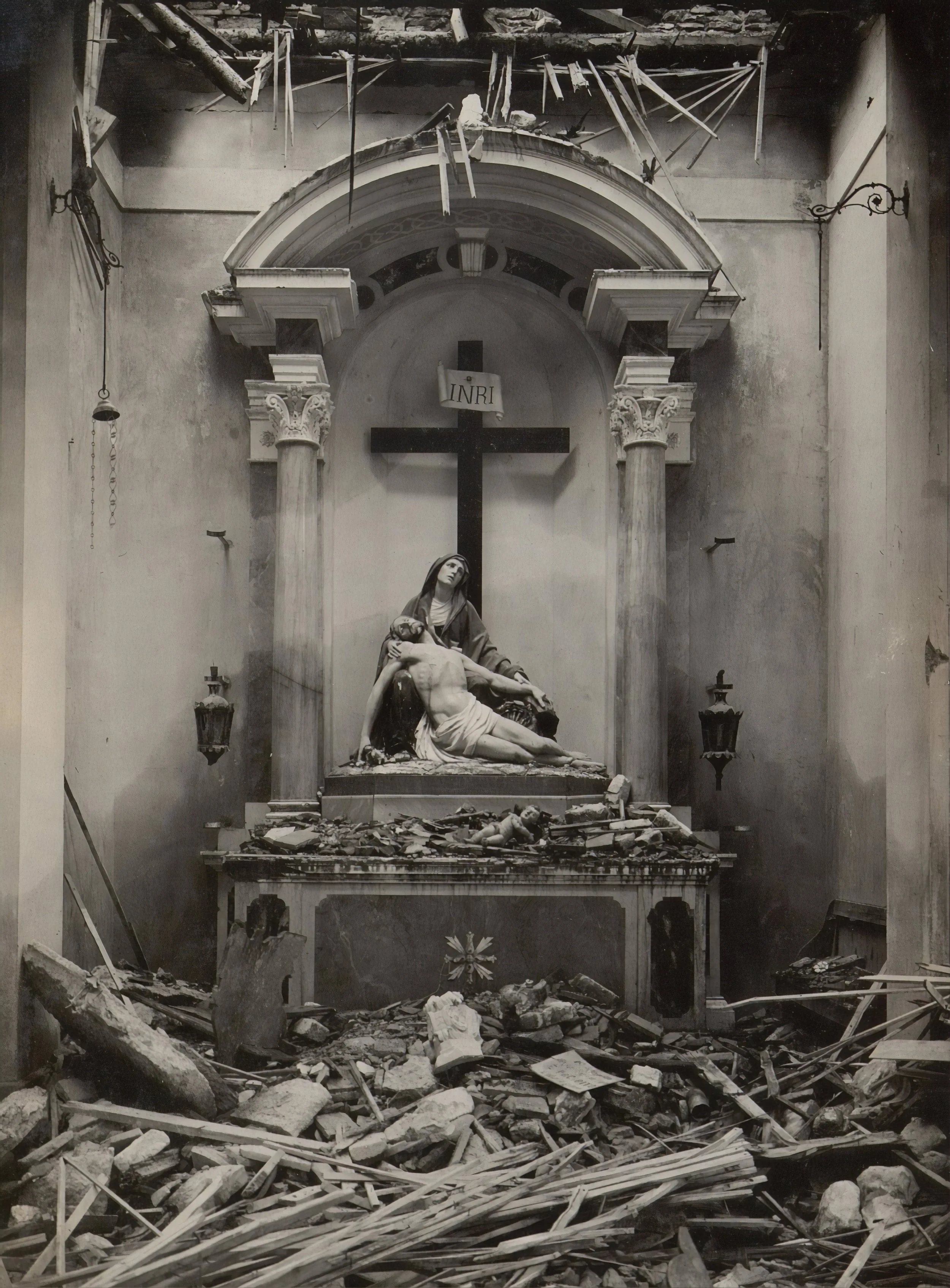The day I woke up to war in Ukraine
Reading time: 6 min
When I was a kid, I thought that our solar system was the entire universe and that all the planets were close to each other, like a bunch of friends, telling jokes and pointing at each other's equators and masses. Then I grew up, and realised that the universe is actually much, much more.
Photo by David Menidrey on Unsplash
If, to a passionate eye, the universe is fascinating, beautiful and full of mysteries, it is also scary.
First of all, the universe is, mostly, empty space. It's a large vacuum containing all that is known, and it’s bigger than any of us could ever picture in their mind.
Even scarier than its vastness are the common events in the universe’s evolution. SuperNovae, Gamma-Ray Bursts, Comets, Asteroids. Earth is just a teeny tiny piece of dust in the middle of all the above and more, and the smallest change in our planet’s neighbourhood—not at all rare, considering the scale we are looking at—could wipe out life from Earth forever.
If this is not scary, I don’t know what it is.
Sometimes, when I think about it, this awareness makes me believe that if there is a God—and many, many times I find myself believing firmly that there is, indeed, a God, even if only as an extension of the natural order—They are of such power and such nature that They will never get to even know we (humans) existed and suffered.
And that's how I felt when I saw Russia’s invasion of Ukraine.
Russia is a nuclear superpower. I’m no weapon expert, nor a nuclear physicist, but I know why a nuclear arsenal is called a “deterrent,” as anyone with some basic education does. And yet, I also know that their capacity for destruction is so abysmal, so enormous, that my comprehension of it can only scratch the surface of what it means. By the time I see a rocket deployed over my city, it would be too late to do anything. Too late to escape, too late to plan, too late to even pray, probably. So, in a certain sense, Russia’s not different from a Supernova. Ukrainians are just like us—Ukrainians are us, following John Donne’s words—they are software engineers, social workers, students, partners, parents; and for many of them, trapped in strategically relevant cities, survival is more influenced by luck than preparation, skills or planning. And this is scary.
So, yeah, in a certain sense, Russia’s not different from a Supernova when considering its influence over our lives, except that it is different, because stars have absolutely no awareness of creating damage, while Russia does.
War is not a chemical reaction inside enormous amounts of plasma. War is not the random direction taken by a piece of celestial crumb. War is a choice.
And I feel so desperately small and helpless when facing war that it might as well be a star explosion.
Russia is governed and led by people, and people make mistakes. People are flawed and biased and selfish. And yet, some people, like Mr Putin, have the power to end and disrupt an astonishing number of lives with not as much as a single word, but they are essentially the same as the people they are killing.
Photo by Don Fontijn on Unsplash
And this is even scarier. Detachment. Complete detachment. It’s hard for a human mind to understand that the hundreds of civilians killed in Ukraine are not just a number, they are people, with families and interests, whose problems a month ago were not so different from ours. They are a side effect of this war that Mr Putin decided to ignore. But don’t think his sphere of influence stops at the Ukrainian borders; because it doesn’t. Mr Putin might not even know it, but his actions have a rippling effect on the mental health of millions of people virtually untouched by the war. Thousands of Russian innocent entrepreneurs will lose everything because of his “operation.” Our extremely fragile lifestyle can be thrown back eighty years at the first miscalculation. He may have more authority than most of us and surely has more power, but he’s not better fit to carry these responsibilities than you or me.
And because Mr Putin is not a Supernova, the fear of being buried under the roof of my house, or being left out of a train to safety in which I managed to throw my daughter is also accompanied by rage against this person, who will never even know I exist.
I say this with the greatest possible spite I could feel for another human being, and yet, I can’t ignore the humanity behind Mr Putin’s drive.
Back when I was a student, one day I found a demonstration of my town steel factory’s workers on my way to class. They had a very important reason to strike and block the streets; their life was being affected by a power they couldn’t control and were trying to stay afloat by any peaceful means possible. In doing so, they prevented me from going to university that day and I missed that class. My professor never really even cared about me missing that single lesson, but I loved the subject and, when the option to get there had been taken away from me, I got angry. I was pissed. I was so pissed that I came back home and wrote something very strong on social media. Thankfully for my growth as a person, a friend of mine read my post and approached me privately. She told me that her father was one of the protesters, and forced me to face how stupid and selfish I was, criticising them for making me lose one class when they were about to lose the chance to make their children study.
I was heartbroken and humbled. But if I am unable to see the suffering in others when it’s shadowed by my inconvenience, how can I trust Mr Putin to do it? These types of situations tend to put everything into perspective, and while all the trivial problems that yesterday seemed huge, today have regained their proper size, it is no time to excuse abuses of power.
Photo by Austrian National Library on Unsplash
We all should remember the little ripples of effect our actions have on others. Taking up parking space that was supposed to allow an elderly to get out of the car comfortably. Pressuring someone who is having a hard time. Forcing an employee to fit into a corporate decision harming their mental health. We’re all guilty of this, and we can all do better.
If you want to help, you can donate to the British Red Cross through this link.
Otherwise, refer to your local charities. Nothing is too little.
Alla prossima
Photo by Max Kukurudziak on Unsplash





